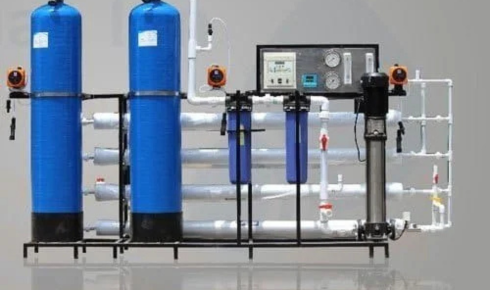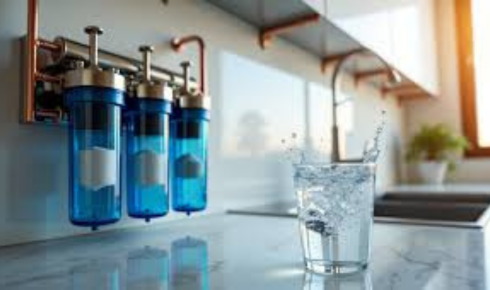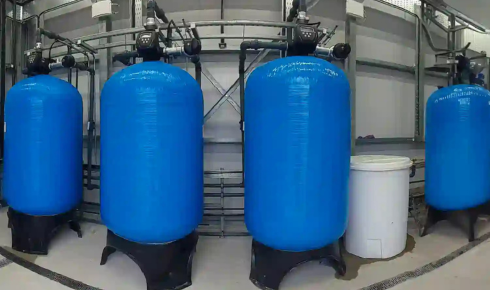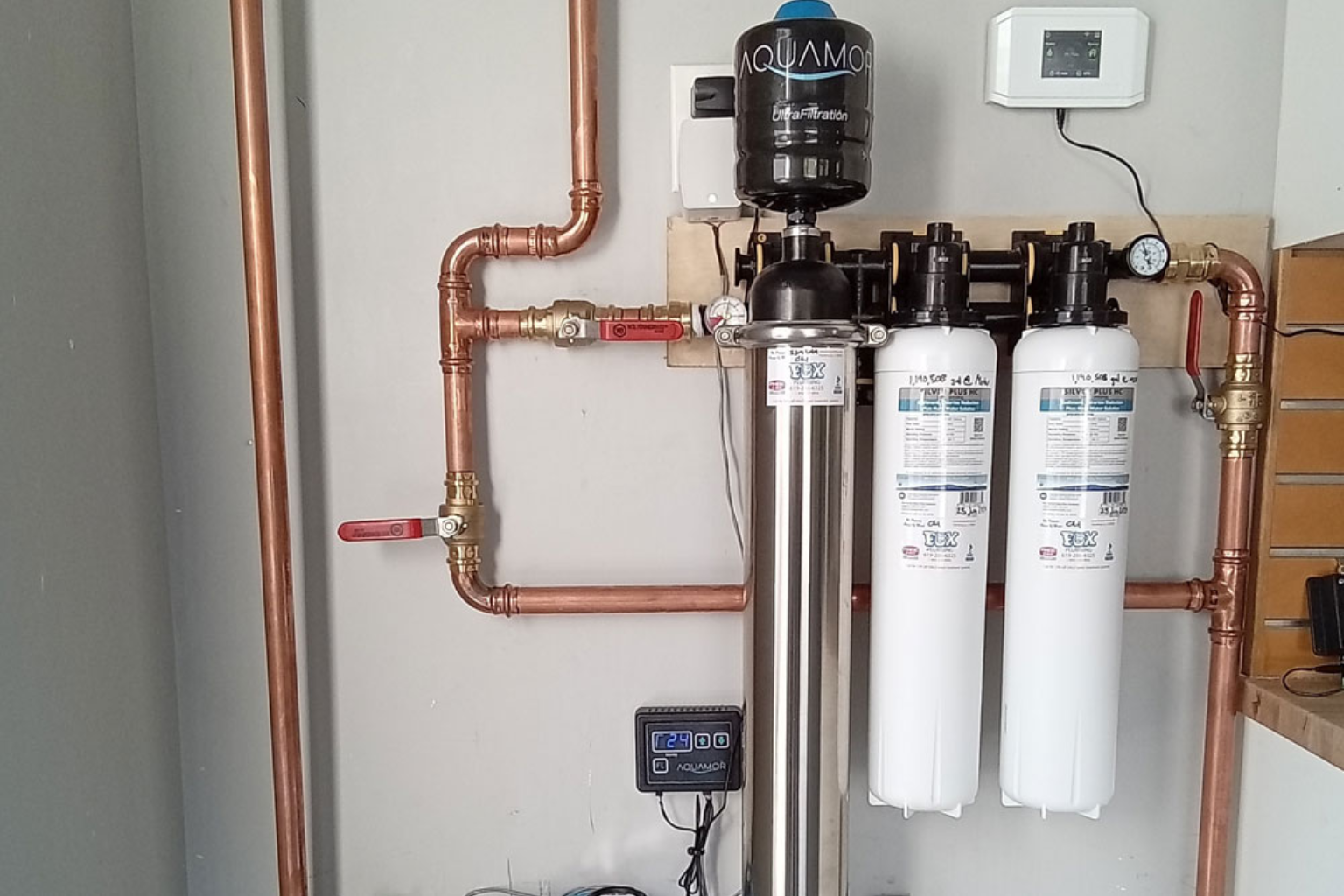There’s something about turning on your tap and seeing crystal-clear water pour out that just makes life feel… well, a little bit right. It’s one of those simple pleasures we often take for granted. But if you’ve ever noticed that your water tastes a little off, leaves streaks on your glasses, or even makes your skin feel weird after a shower, you’re not alone. Water quality in homes is a lot more complex than most of us realize, and that’s where residential water care comes into play.
The first time I really thought about the water in my house, I was filling a kettle and saw tiny specks floating. I shrugged it off—until I remembered my friend mentioning her new filtration system that had changed the whole way she felt about drinking water. Turns out, a lot of what we experience in our homes, from staining sinks to oddly flavored tap water, isn’t just annoying—it could be an indicator of minerals, contaminants, or imbalances that need attention. And addressing those issues doesn’t just make your water taste better; it protects your plumbing, your appliances, and even your health.
Understanding the Basics of Water Quality at Home
Water quality isn’t just about whether it’s clear or tastes okay. There are multiple factors at play—hardness, pH balance, chlorine levels, sediment, and sometimes even lead or other heavy metals depending on your pipes. Most municipal water sources treat water to meet safety standards, but that doesn’t necessarily mean it’s ideal for everyday home use.
Take hard water, for example. Many of us live with it without realizing the subtle impact it has. Hard water leaves mineral buildup in pipes, clogs faucets, and causes soap scum in the shower. Over time, it can even shorten the lifespan of appliances like dishwashers and water heaters. Simple steps, like installing a water softening system or using targeted filtration, can make a dramatic difference. And it’s not just about removing minerals—it’s about creating water that supports the health of your home and family.
It’s no wonder that homeowners increasingly turn to professionals to ensure proper water treatment. A comprehensive aquatech water filtration system can target multiple issues at once, from sediment and chlorine taste to potential contaminants like lead or microplastics. What makes these systems stand out is their precision: they’re designed to match your household’s specific water profile rather than taking a one-size-fits-all approach. You’re not just filtering water—you’re fine-tuning it.
Local Water Sources and Why They Matter
The quality of your tap water often depends on where you live. Some cities have naturally soft water, others are dealing with aging infrastructure or high mineral content. Municipal water departments do their best, but the conditions can vary greatly even within the same city.
For instance, if you live in Ohio, the wauseon water department provides detailed reports on water quality, including contaminants, hardness, and treatment methods. Reviewing these reports can give you insight into whether additional residential filtration or water softening is necessary. It’s amazing how much knowledge is right there at your fingertips—yet many people never think to check. By understanding your local water profile, you can make more informed choices about how to treat and care for water in your home.
One small step, like checking your city’s annual water quality report, can prevent months of frustration dealing with dull laundry, spotting on dishes, or dry skin. It also helps you decide what level of filtration or treatment your household truly needs.
The Benefits of Proper Residential Water Care
Investing in proper residential water care is more than just a luxury—it’s practical. Cleaner, balanced water can improve your family’s health, protect your plumbing, and even save money in the long run. Think about it: less mineral buildup means less wear and tear on your water heater and pipes, which translates to fewer repairs. Cleaner water also means less soap and detergent use, which is good for both your wallet and the environment.
Beyond the practical, there’s a noticeable lifestyle benefit. Have you ever taken a shower and felt like your skin was squeaky or itchy afterward? Hard water or poorly filtered water can strip natural oils, leaving skin and hair dry. Addressing the water quality can transform everyday routines from a small annoyance to a genuinely enjoyable experience. And if you’re someone who drinks mostly tap water, the taste difference can be remarkable.
Choosing the Right Filtration System
Not all filtration systems are created equal. When evaluating your options, consider what problems you’re trying to solve. Some systems are better at removing sediment, others target chemicals, and some even address bacteria or viruses. A high-quality aquatech water filtration system often combines multiple stages of filtration, giving you comprehensive protection in one unit.
Installation is another factor. While some systems are plug-and-play, more advanced setups may require professional installation to ensure they work effectively. It’s also worth noting that regular maintenance is crucial—filters need changing, and systems must be monitored to stay effective. Neglecting maintenance can reduce efficiency and even introduce new issues over time.
A helpful tip: when evaluating filtration options, read reviews but also ask for water testing. A professional can measure your water’s exact composition, which makes it easier to select the right system. It’s like custom tailoring—one size doesn’t fit all, and a personalized approach usually pays off.
Practical Tips for Everyday Water Care
Even without installing a fancy filtration system, there are small steps you can take to improve water quality at home. Here are a few tried-and-true methods:
- Check your plumbing – Old pipes can leach metals into your water. Consider replacing lead or galvanized pipes if your home is older.
- Use aerators – Faucet aerators can reduce sediment and improve flow while minimizing contaminants.
- Flush taps – Letting cold water run for a few minutes in the morning can clear out stagnant water from pipes.
- Regularly clean appliances – Coffee makers, kettles, and humidifiers can accumulate minerals; cleaning them regularly keeps them efficient and your water cleaner.
- Test your water – Kits are available for basic tests, or you can hire a professional for more thorough analysis.
These small steps complement professional systems and can make a noticeable difference. Think of it as layered protection: the more attention you give, the better your water—and your home—performs.
Looking Ahead: Water Awareness and Sustainability
Water isn’t just a convenience; it’s a vital resource. Being mindful of the quality of water in our homes helps us use it responsibly. Residential water care isn’t only about taste or appliances—it’s also about sustainability. Proper filtration reduces waste from bottled water, lowers energy usage in appliances, and prevents water-related damage that requires repairs.
Cities are increasingly aware of this, with many local departments, like the wauseon water department, offering community resources, water-saving tips, and education programs. Understanding your local water systems can also inspire collective efforts, like advocating for infrastructure updates or participating in water conservation initiatives.
It’s comforting to realize that even small changes at home ripple outward. By taking responsibility for your household water quality, you’re contributing to a larger culture of care—one that respects both our health and the environment.
Final Thoughts
At the end of the day, clean water at home is more than a basic need—it’s a reflection of the environment we create for ourselves and our families. Paying attention to residential water care, choosing the right filtration systems like aquatech water filtration system, and staying informed about your local water sources through resources like the wauseon water department can dramatically improve quality of life.




